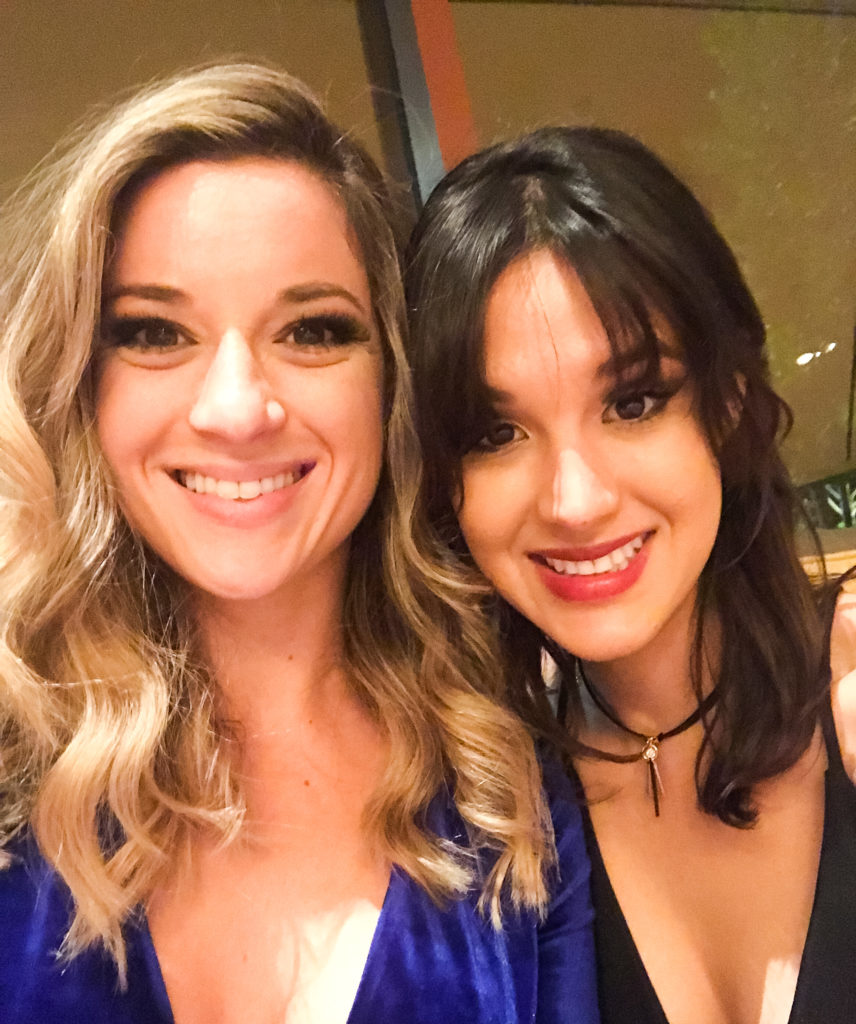When we traveled all around the world this summer, it was really interesting to me to see what people of other cultures ate, but I didn’t really have the ability to ask people’s opinions about food because of language barriers and I didn’t want these kind strangers to know that I was such a weirdo; I prefer to share that with you, kind internet strangers.

I got to work with Jen Beadles, one of the smartest dietitians I know, in San Diego for about two years. She grew up in Costa Rica and then moved to the United States to go to college and now lives in Southern California (She literally moved from one paradise to another, while I’m here in snowy Missouri. It’s fine. I’m not bitter.). Since she’s had the experience of fully living in and embracing these two totally different cultures I wanted to know about her observations and how her life has changed since moving to the US.
Thinking about how food is approached in Costa Rica, she said “Mealtimes are more than just a moment to eat. It’s about connecting with your family members. If someone can, they make a effort to come home from work to eat lunch with their family. [Meals] are an opportunity to spend with your family. It’s important to make time for family. One year we got the happiest country in the world. And I think it’s because we have strong connections with each other.”
Beadles mentioned that in Costa Rica if a person can’t get off work to go have lunch with their family, they’ll make it a point to stop by after work for coffee and dessert. “As a dietitian, I can see that it’s a double edged sword. It’s good because most of the meals are home cooked. If you’re eating something that your aunt made that’s usually rice, beans, salad, and a side of protein, which is nutritionally pretty responsible. But on the other hand, the coffee breaks have cookies and refined carbohydrates. So that’s one thing that people often have to cut out, which can be really challenging because it’s so tied to your family that you feel kind of isolated if you don’t eat with everyone else. It’s something that people have to be mindful of if they’re trying to lose weight.”
When I asked her what the biggest cultural difference was that she observed when she moved to the US, she said, “Pretty much everybody cooks [in Costa Rica], and it was shocking for me to see that there are entire generations of families that don’t know how to cook [in the United States]. Even the people who are busy with work make time to cook [in Costa Rica]. When these skills are lost it really hurts people.”
My biggest takeaway from talking with Jen was the importance of taking the time to learn how to cook and then actually doing it. There’s research that correlates time spent cooking with improved health outcomes, which makes sense because people have more control over the food they make at home. A tool I give my clients who aren’t confident in the kitchen or don’t know how to meal prep is the Mealime app. It has lots of really yummy meal ideas that generally take about 30 minutes to prepare, which is a reasonably short amount of time to spend making dinner.
As always, if you need help with food, let us know! We’re here to make eating easy and we’re really happy to help.
-Jen Lyman, RDN, LD, CLT
Comments
BE THE FIRST TO WRITE A COMMENT